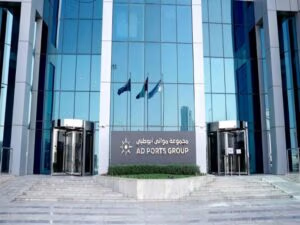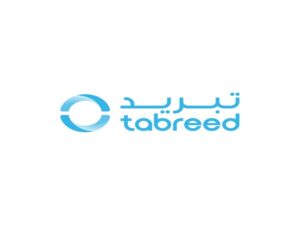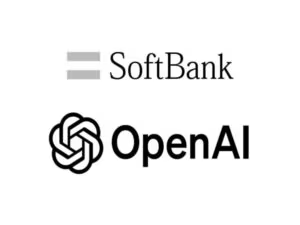The World Bank has recognised the United Arab Emirates (UAE) as a leading example in human development and in implementing policies that empower women and youth.
Fadia Saadah, Regional Director for Human Development in the Middle East and North Africa, Afghanistan and Pakistan Region at the World Bank, stated that the UAE has established an integrated model promoting work-life balance and women’s participation in the workforce through labour law reforms and investments in early childhood development and childcare.
Speaking to the Emirates News Agency (WAM) following the release of the World Bank’s new flagship report “Embracing and Shaping Change: Human Development for a Middle East & North Africa Region in Transition”, Saadah said the UAE’s 2022 labour law reforms have enabled part-time, temporary, remote, and shared work arrangements, expanding opportunities for women and youth.
In 2021, the UAE introduced enhanced parental leave provisions designed to support work-life balance and increase women’s participation in the workforce.
“The country’s investments in early childhood development and affordable childcare are helping to empower women and equip youth with essential skills,” she noted.
Highlighting how other MENA countries could learn from the UAE’s approach, Saadah pointed to the nation’s flexible labour mobility policies, which include adaptable visa options such as the Golden Visa and Green Visa for skilled professionals, investors, and freelancers, as well as job search and remote work visas.
She also noted that the UAE promotes labour protection through unemployment insurance, wage protection, and enhanced recruitment regulations. Adopting similar policies across the region, she said, would help attract and retain talent, support economic diversification, and foster innovation.
According to the World Bank report, human capital in the MENA region has improved considerably in recent years, though continued progress is necessary to achieve inclusive and sustainable growth.
The report highlights three major megatrends—ageing populations, climate change, and technological transformation—that are shaping the region’s future, urging governments to continue investing in “future-fit” human development policies.
Saadah said GCC countries may want to prioritise ageing and digitalisation, middle-income countries may focus on fiscal management, and lower-income or fragile countries should emphasise preserving human capital and institutions.
With sustained commitment, she added, the MENA region is well positioned to turn emerging challenges into drivers of sustainable and inclusive growth, ensuring a brighter future for all.
(Inputs from WAM)





